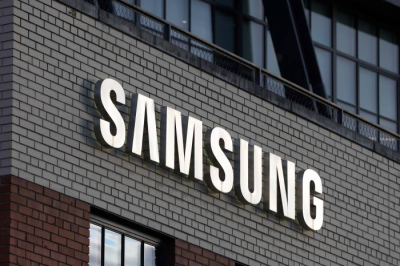Samsung: in a landmark decision, a federal jury in Marshall, Texas, awarded computer memory company Netlist $118 million in damages from Samsung Electronics.
The case centred around allegations of patent infringement related to high-performance memory technologies that improve data processing and power efficiency.
The verdict, delivered on Friday, follows a similar $303 million judgment against Samsung for Netlist in a related lawsuit last year. Netlist, headquartered in Irvine, California, has also secured $445 million from chipmaker Micron Technology earlier this year in another patent dispute involving some of the same technologies.

The jury determined that Samsung’s infringement was willful, opening the possibility for the judge to increase the damages by up to three times.
Case Details
Netlist initially filed the lawsuit in 2022, accusing the South Korean tech giant of unauthorized use of its patented technology in memory modules commonly employed in cloud computing servers and other data-intensive applications. The disputed innovations enable faster data processing and improved power efficiency, making them critical for modern high-performance computing.
Samsung contested the claims, arguing that Netlist’s patents were invalid and that its technology operated differently. The company has also filed a related lawsuit in Delaware federal court, accusing Netlist of failing to offer fair and reasonable licensing terms for standards-essential technology.
Samsung: Broader Implications
This verdict adds to Netlist’s string of victories in intellectual property litigation, underscoring its aggressive stance in protecting its innovations. While spokespeople for both companies have yet to comment, this latest ruling solidifies Netlist’s position in the competitive memory technology industry and raises the stakes for ongoing disputes in federal courts.
The ruling could have significant implications for technology licensing practices and patent enforcement, particularly in sectors reliant on high-performance computing and data centers.










